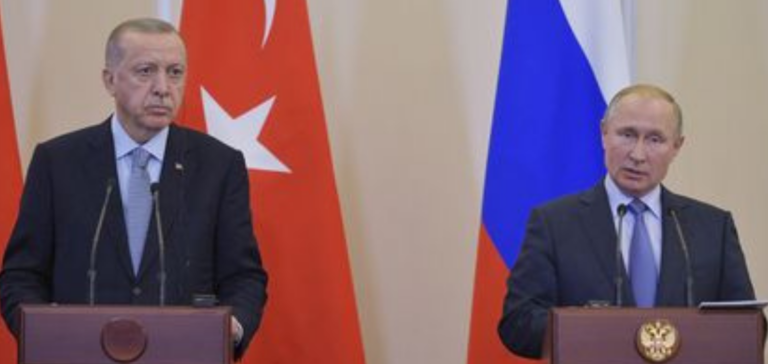Against a backdrop of energy and political upheaval, Russia and Turkey are on the verge of a landmark agreement to create a strategic gas hub in Turkey. This initiative comes at a time when Russia is seeking to redirect its energy exports following tensions with Europe caused by the Ukrainian conflict.
Alexander Novak, Russian Deputy Prime Minister, announced that negotiations between Gazprom and BOTAŞ (Turkish gas company) were progressing rapidly. The aim is to get around the European sanctions that restrict Russian gas imports. This hub would serve as a crucial transit point for Russian exports to Europe.
Objectives and complexities of the Gas Hub
This collaboration between Moscow and Ankara underlines the strengthening of bilateral ties, but it is not without its complexities. Questions remain as to the management and control of the future hub, issues which have slowed discussions. At the same time, Turkey, seeking to diversify its gas supplies, recently signed an agreement with Bulgaria, reflecting its desire to balance its energy sources.
Geopolitical implications of the Partnership
The gas hub project is of major geopolitical importance. It could solidify Turkey’s position as a key energy corridor between Russia and Europe, and challenge Europe’s dependence on Russian gas. This energy partnership is part of a broader dynamic of economic and political cooperation between the two countries.
Extended Economic and Industrial Cooperation
Beyond energy, Russia and Turkey are exploring collaborations in advanced industrial sectors, including the manufacture of composite materials and energy storage technologies. Tourism and mutual investments were also discussed, anticipating an increase in Russian tourist flows to Turkey.
This project is part of Russia’s strategy to secure its gas exports to Europe while maintaining its market share, despite the conflict with Ukraine. For Turkey, this represents an opportunity to assert its role as a regional energy hub, and to skilfully balance its relations with East and West.
The potential agreement between Russia and Turkey to establish a gas hub represents a significant change in European energy and geopolitical relations. As negotiations progress, this project symbolizes both an opportunity and a challenge for Turkey in its role as energy mediator, with repercussions that could reshape the regional energy landscape.





















